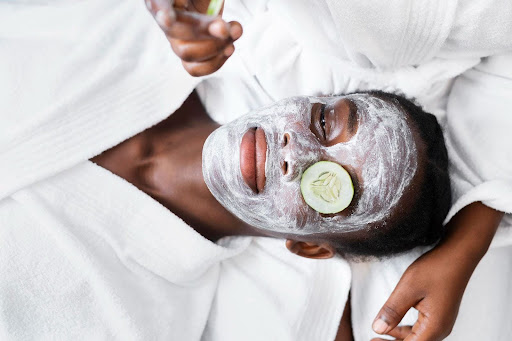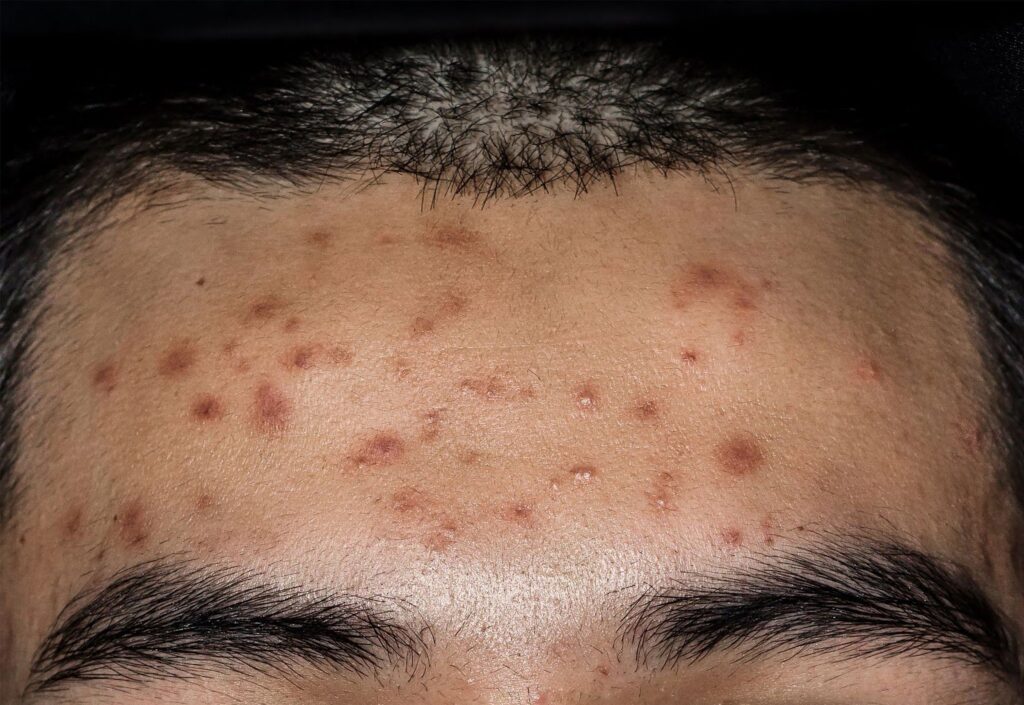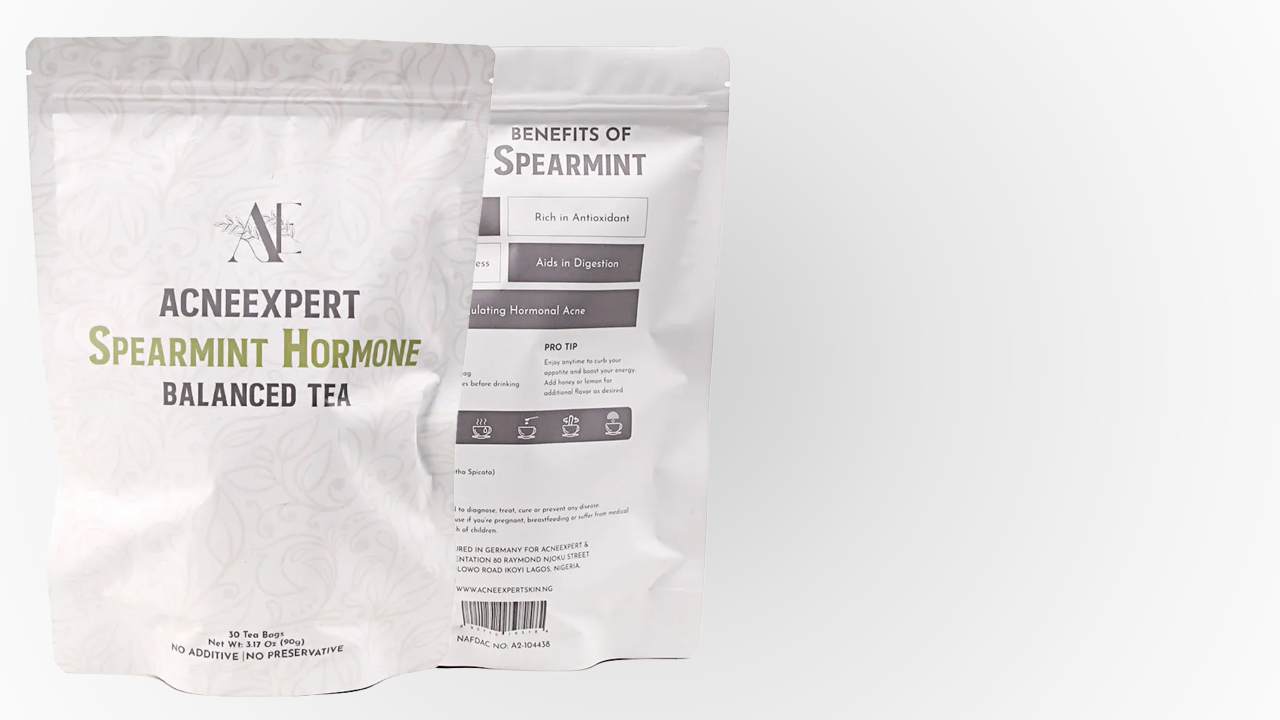Are you struggling with acne and searching for the best treatment option? Laser treatment vs. chemical peel; these are two of the most popular acne treatment options. To help you make an informed decision, let’s explore both options and their benefits.
Laser treatment and chemical peel are both commonly used to target acne and improve the appearance of the skin. Each treatment offers its own benefits and considerations.
Laser treatment uses focused light to target and destroy the acne-causing bacteria on the skin. It also stimulates collagen production, which reduces the appearance of acne scars.
On the other hand, chemical peel involves the application of a chemical solution to exfoliate the skin and promote new skin cell growth. This treatment can improve skin texture and tone, reducing the appearance of acne.
Choosing between laser treatment and chemical peel depends on various factors, including the severity of your acne, desired results, and budget. Consulting with a dermatologist can help you determine the most suitable treatment for your specific needs.
Ultimately, both laser treatment and chemical peel can be effective in treating acne. Understanding the differences between these two treatments and consulting with a professional will help you choose the best option for clearer, healthier skin.
Image by Freepik
Laser Treatment for Acne: Laser Treatment vs. Chemical Peel
Laser treatment is a procedure that uses focused light to target and destroy the bacteria that cause acne. It is often used to treat moderate to severe acne and can also help improve the appearance of acne scars.
The laser used in this treatment emits a specific wavelength of light that is absorbed by the bacteria, leading to their destruction. In addition to targeting acne-causing bacteria, laser treatment also stimulates collagen production. Collagen is a protein that helps support the structure of the skin and promotes healing.
By increasing collagen production, laser treatment can help reduce the appearance of acne scars and improve the overall texture and tone of the skin.
How Laser Treatment Works for Acne
During a laser treatment session, the dermatologist will first clean your skin and apply a numbing cream to minimize any discomfort. They will then use a handheld device to deliver the laser energy to the targeted areas of your skin.
The laser energy is absorbed by the acne-causing bacteria, causing them to be destroyed. The procedure typically takes about 30 minutes to an hour, depending on the size of the treatment area.
After the treatment, you may experience some redness, swelling, and mild discomfort, similar to a sunburn. These side effects are usually temporary and subside within a few days. It is important to follow your dermatologist’s post-treatment instructions, which may include avoiding sun exposure and using recommended skincare products.
Pros and Cons of Laser Treatment for Acne
Like any treatment option, laser treatment for acne has its pros and cons. One of the main advantages of laser treatment is its ability to target and destroy acne-causing bacteria, leading to a reduction in breakouts. Additionally, laser treatment stimulates collagen production, which can improve the appearance of acne scars and overall skin texture.
However, laser treatment may not be suitable for everyone. It is often more effective for moderate to severe acne and may not provide significant results for milder cases. Laser treatment also tends to be more expensive than other treatment options, and multiple sessions may be required to achieve optimal results.
Image by Freepik
Chemical Peel for Acne
Chemical peel is another effective treatment option for acne. It involves the application of a chemical solution to the skin, which exfoliates the outer layer and promotes the growth of new, healthier skin cells. Chemical peels can be categorized into three types: superficial, medium, and deep, depending on the depth of exfoliation.
Superficial chemical peels are the mildest type and are commonly used to treat mild acne and improve skin texture and tone. Medium chemical peels penetrate deeper into the skin and can target moderate acne and pigmentation issues. Deep chemical peels are the most intense and are typically reserved for severe acne cases and significant skin damage.
How Chemical Peel Works for Acne
During a chemical peel session, the dermatologist will first cleanse your skin and apply the chemical solution. The solution is left on the skin for a specific amount of time, depending on the type of peel used. As the solution penetrates the skin, it exfoliates the outer layer, removing dead skin cells, oil, and other impurities.
After the chemical peel, your skin may appear red and feel slightly sensitive. This is a normal reaction and should subside within a few days. It is important to follow your dermatologist’s aftercare instructions, which may include avoiding sun exposure, using gentle skincare products, and moisturizing regularly.
Pros and Cons of Chemical Peel for Acne
Chemical peel offers several benefits for acne treatment. It can effectively exfoliate the skin, removing dead skin cells and unclogging pores. This helps reduce acne breakouts and improve the overall texture and tone of the skin. Chemical peel also stimulates collagen production, which can help reduce the appearance of acne scars.
However, chemical peel may not be suitable for everyone. Deep chemical peels can be quite intense and may require a longer recovery period. Additionally, individuals with sensitive skin may experience irritation and redness after the treatment. It is important to discuss your skin type and concerns with a dermatologist to determine the most appropriate type of chemical peel for your acne.
Comparing Laser Treatment vs. Chemical Peel for Acne
When deciding between laser treatment and chemical peel for acne, several factors should be considered. The severity of your acne plays a significant role in determining which treatment option is best for you. Laser treatment is generally more effective for moderate to severe acne, while chemical peel can be effective for milder cases.
Another factor to consider is the desired results. Laser treatment is effective in targeting acne-causing bacteria and reducing breakouts. It also stimulates collagen production, which can improve the appearance of acne scars. On the other hand, chemical peel primarily focuses on exfoliating the skin and improving texture and tone.
Budget is also an important consideration. Laser treatment tends to be more expensive than chemical peel, and multiple sessions may be required for optimal results. Chemical peel, on the other hand, can be more cost-effective, especially for milder cases of acne.
Factors to Consider When Choosing Between Laser Treatment vs. Chemical Peel for Acne
To determine the most suitable treatment option for your acne, it is essential to consult with a dermatologist. They will assess your skin condition, severity of acne, and medical history to recommend the most appropriate treatment. A dermatologist can also discuss the potential risks and benefits of each treatment option and help you set realistic expectations.
Additionally, it is important to consider your own preferences and lifestyle. Laser treatment may require downtime and sun avoidance, while chemical peel may have a shorter recovery period. By considering these factors and discussing them with a professional, you can make an informed decision about which facial treatment for acne and dark spots is best for you.
Conclusion: Which Treatment is Better for Your Acne?
In conclusion, both laser treatment and chemical peel can be effective in treating acne. Laser treatment targets acne-causing bacteria and stimulates collagen production, while chemical peel exfoliates the skin and improves texture and tone. The choice between these two treatments depends on factors such as the severity of your acne, desired results, and budget.
To determine the most suitable treatment option for your acne, it is crucial to consult with a dermatologist. They will evaluate your skin condition and recommend the most appropriate treatment based on your individual needs. With the help of a professional and a comprehensive understanding of laser treatment and chemical peel, you can make an informed decision and take a step towards clearer, healthier skin.
FAQs
- Is laser better than peel for hyperpigmentation?
Chemical peels are more effective for hyperpigmentation while laser treatment is more suitable for indented scars.
- Can I do laser and chemical peel at the same time?
Doing chemical peel and laser treatment simultaneously can increase your chances of burns, hyperpigmentation, and scarring.
- Does chemical peel remove pigmentation permanently?
Chemical peel can improve the appearance of pigmentation, immediately after treatment. However, over time age and environmental factors can lead to new pigmentation.
Therefore, occasional sessions may be needed to maintain a clear and glowing skin.








